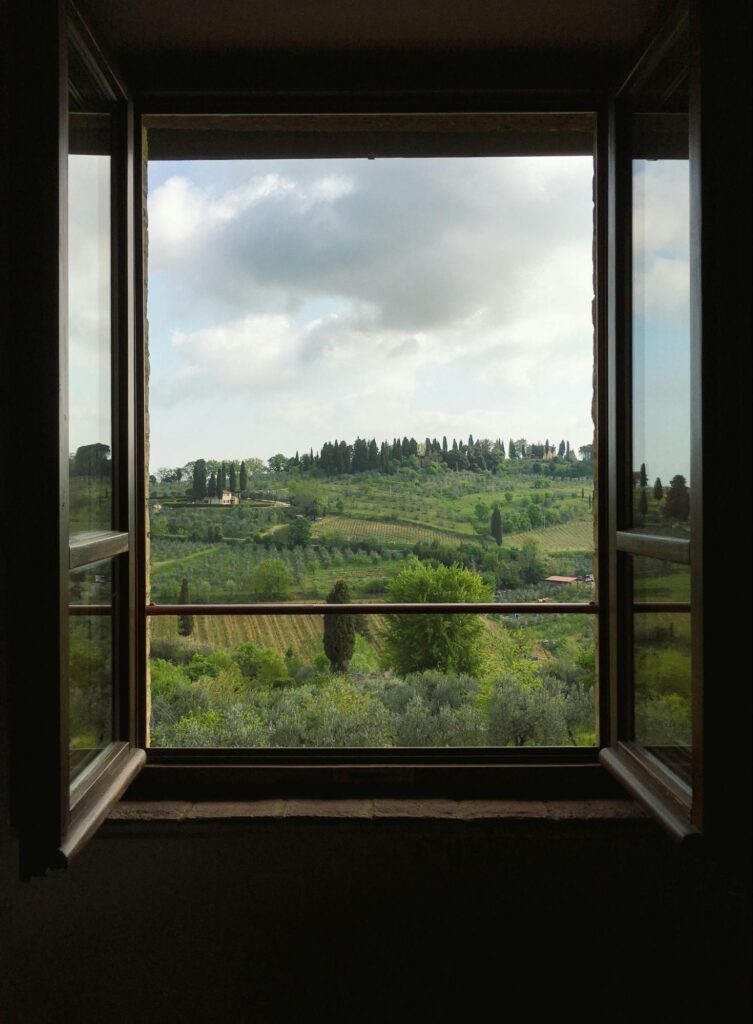Window film is a popular solution for enhancing privacy, reducing heat and glare, and adding a touch of style to windows. However, like any home improvement investment, it’s important to consider the lifespan of window film before making a purchase. Understanding the factors influencing window film durability, the science behind its degradation, and the maintenance required for a prolonged lifespan can help homeowners make informed decisions. In this article, we will explore the lifespan of window film, the science behind its degradation, maintenance tips, the cost implications of different lifespans, and how to choose the right window film for longevity.
Understanding Window Film Lifespan
Window film is designed to be a long-lasting solution, providing benefits for years to come. However, the actual lifespan of window film can vary depending on several factors.
When considering the lifespan of window film, it’s essential to take into account the maintenance and care it receives. Regular cleaning and proper upkeep can help extend the longevity of the film, ensuring it continues to perform effectively over time.
Factors Influencing Window Film Durability
Several factors contribute to the durability of window film:
- Quality of materials: High-quality window films tend to be more durable and resistant to degradation.
- Installation: Proper installation by experienced professionals can greatly impact the longevity of the film.
- Exposure to sunlight: Window films exposed to intense sunlight may degrade faster.
- Weather conditions: Harsh weather conditions, such as heavy rain and extreme temperatures, can affect the durability of window film.
Moreover, the location of the window can also play a role in determining the lifespan of the film. Windows that are constantly exposed to direct sunlight or harsh weather conditions may experience faster degradation compared to windows in more sheltered areas.
Average Lifespan of Different Types of Window Films
While the lifespan of window film can vary, on average, most films can last anywhere from 5 to 15 years. However, the specific type of window film can significantly influence its lifespan:
| Type of Window Film | Average Lifespan |
|---|---|
| Solar Control Film | 10 to 15 years |
| Privacy Film | 5 to 10 years |
| Decorative Film | 5 to 10 years |
| Safety and Security Film | 10 to 15 years |
It’s important to consult with professionals in the industry to determine the best type of window film for your specific needs, taking into consideration factors such as location, desired longevity, and level of protection required.
The Science Behind Window Film Degradation
The degradation of window film is a natural process influenced by various factors such as sunlight exposure and weather conditions.
Understanding the intricate science behind window film degradation can shed light on how to prolong its lifespan and maintain its functionality. While window film is designed to enhance privacy, reduce glare, and improve energy efficiency, its longevity can be compromised over time.
The Role of Sunlight in Window Film Deterioration
Sunlight contains ultraviolet (UV) rays, which can gradually break down the adhesive and color dyes in window film. Over time, this can cause the film to lose its effectiveness and aesthetic appeal.
UV rays not only impact the adhesive properties of window film but also contribute to fading and discoloration. This degradation process is often accelerated in areas with prolonged sunlight exposure, emphasizing the importance of selecting high-quality, UV-resistant window films.
Impact of Weather Conditions on Window Film Longevity
Extreme weather conditions can accelerate the degradation of window film. Heavy rain, high humidity, and temperature fluctuations can affect the film’s adhesive bond and overall integrity. It’s important to choose window films that are specifically designed to withstand the local climate conditions.
In regions prone to severe weather patterns, such as hurricanes or snowstorms, investing in durable and weather-resistant window films can mitigate potential damage and ensure long-term performance. By considering the environmental factors that contribute to window film deterioration, property owners can make informed decisions to protect their investments.
Maintenance and Care for Prolonged Window Film Life
Maintaining and caring for window film can help extend its lifespan and ensure optimal performance throughout its lifetime.
Window films are a valuable investment for any property, providing benefits such as UV protection, energy efficiency, and enhanced privacy. To maximize the longevity of your window film and continue enjoying these advantages, proper maintenance is essential.
Cleaning Techniques for Window Films
Regular cleaning is essential to keep window films looking their best and maintain their functionality. Here are some tips for cleaning window films:
- Use a soft, non-abrasive cloth or sponge.
- Avoid using ammonia-based or abrasive cleaning solutions.
- Gently wipe the film in a vertical motion.
- Never use sharp objects or tools that could scratch the film.
Additionally, consider using a mild detergent or specialized window film cleaner for tougher stains while ensuring that the cleaning solution is safe for both the film and the surrounding window frame.
Regular Inspection and Replacement: Key to Longevity
Regularly inspecting window film for any signs of damage or wear is crucial. If the film is starting to peel, bubble, or show any signs of deterioration, it may be time to replace it. Prompt replacement can prevent further damage to the underlying glass and maintain the desired benefits.
Furthermore, when replacing window film, consider upgrading to newer, more advanced options that offer enhanced features such as increased UV protection or improved energy efficiency. Keeping up-to-date with the latest window film technologies can help you make the most of your investment and ensure long-term satisfaction.
The Cost Implications of Window Film Lifespan
Understanding the cost implications of window film lifespan can help homeowners make informed decisions based on their budget and long-term savings potential.
When considering the lifespan of window films, it’s essential to factor in not just the initial cost but also the potential for long-term savings or additional expenses. High-quality window films are designed to last for many years, offering durability and performance that can outweigh their upfront price.
Long-term Savings with Durable Window Films
Although durable window films may have a higher upfront cost, they can provide long-term savings. By minimizing heat transfer, window films can reduce energy consumption and lower cooling costs in hot climates.
Furthermore, durable window films often come with warranties that guarantee their performance for a specified period. This added protection can offer homeowners peace of mind knowing that their investment is secure and that any issues will be addressed without incurring extra costs.
The Hidden Costs of Frequent Window Film Replacement
On the other hand, choosing lower-quality or less durable window films may lead to frequent replacements. This can result in additional costs in terms of materials, installation, and potential damage to the underlying glass surface.
Moreover, the process of replacing window films can be disruptive and time-consuming. Homeowners may need to schedule professional installation services, leading to downtime and inconvenience. Opting for cheaper, lower-quality films can ultimately prove to be a false economy, as the cumulative costs of replacements and repairs can surpass the initial savings.
Choosing the Right Window Film for Longevity
When selecting window films, it’s important to consider the following factors:
Material Considerations for Long-lasting Window Films
Choose window films made from high-quality materials that are known for their durability and resistance to UV rays and weathering. Look for products with a proven track record and positive customer reviews.
Some popular materials used in durable window films include polyester, polyethylene terephthalate, and metalized coatings. These materials not only provide longevity but also offer additional benefits such as heat reduction, UV protection, and glare reduction. Polyester films are known for their strength and flexibility, making them a popular choice for long-lasting window solutions.
Professional Installation and Its Impact on Window Film Lifespan
Professional installation ensures that the window film is applied correctly, avoiding any potential issues that could impact its lifespan. Experienced installers have the necessary skills and knowledge to handle the installation process efficiently and effectively.
During installation, professionals take into account factors such as the type of glass, climate conditions, and specific requirements of the window film to ensure a perfect fit. Proper installation not only extends the lifespan of the window film but also enhances its performance in terms of energy efficiency and aesthetics.
Conclusion
Window film lifespan is an important consideration when investing in this home improvement solution. By understanding the factors influencing window film durability, the science behind its degradation, maintenance techniques, the cost implications, and how to choose the right film for longevity, homeowners can make informed decisions that result in long-lasting and beneficial window film installations.


